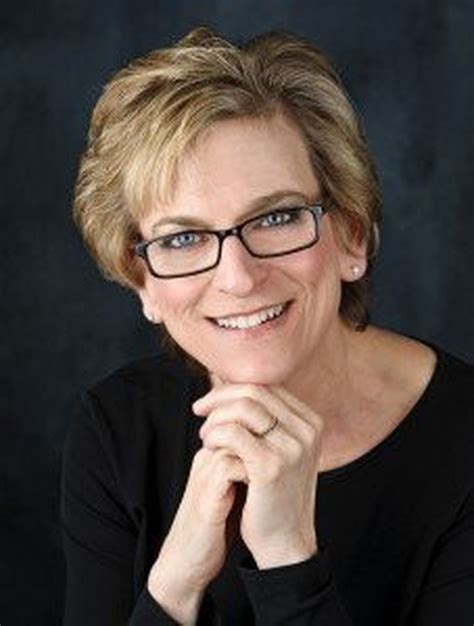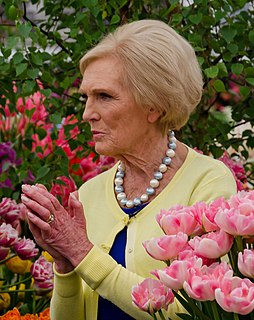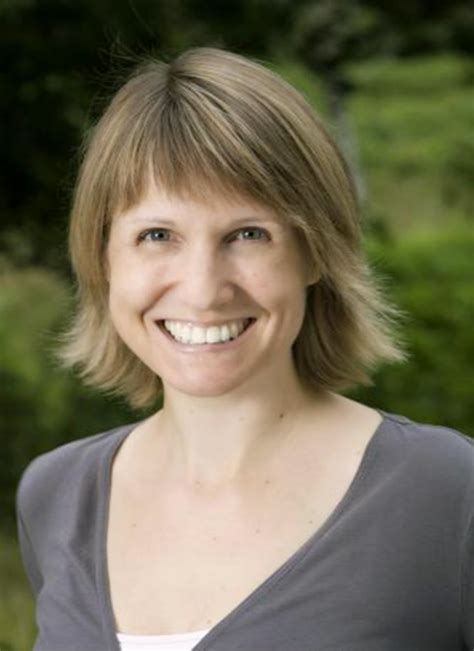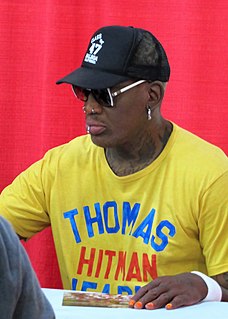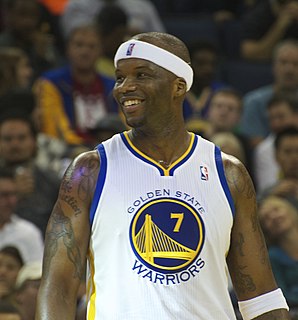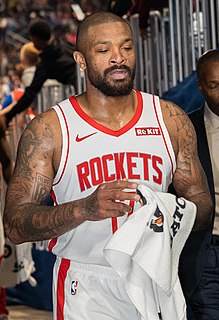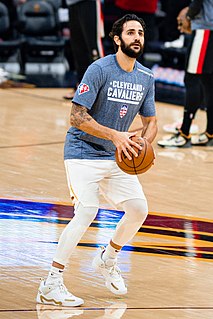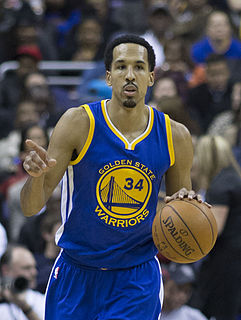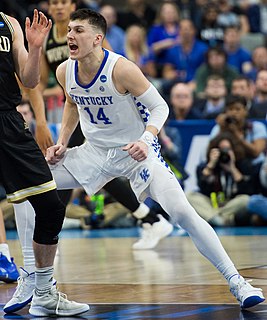A Quote by Jeffery Taylor
My last point about getting started as a writer: do something first, good or bad, successful or not, and write it up before approaching an editor. The best introduction to an editor is your own written work, published or not. I traveled across Siberia on my own money before ever approaching an editor; I wrote my first book, Siberian Dawn, without knowing a single editor, with no idea of how to get it published. I had to risk my life on the Congo before selling my first magazine story. If the rebel spirit dwells within you, you won't wait for an invitation, you'll invade and take no hostages.
Quote Topics
About
Across
Approaching
Bad
Before
Best
Book
Congo
Dawn
Editor
Ever
First
Get
Getting
Getting Started
Good
Had
Hostages
How
Idea
Introduction
Invade
Invitation
Knowing
Last
Life
Magazine
Money
My Life
My Own
No Idea
Own
Point
Published
Rebel
Risk
Selling
Siberia
Single
Something
Spirit
Started
Story
Successful
Take
Traveled
Up
Wait
Within
Within You
Without
Work
Write
Writer
Written
Wrote
Your
Related Quotes
About a year after (my stories began being published), magazine editor George Scithers, suggested to me that since I was so new at being published, I must be very close to what I had to learn to move from fooling around with writing to actually producing professional stories. There are a lot of aspiring writers out there who would like to know just that. Write that book.SFWW-I is that book. It's the book I was looking for when I first started writing fiction.
I always thought the editor should cut the film and so I'll come in and look at the movie. Just because that's the only way I can really see the ideas of the editor, it's really working together. Yes it's a hierarchy, yes I'm the boss, but I like to see and to think about the idea, and it's about us asking, 'do we have to say that?' and, 'how do we make it there?' So it's advising the editor, it's very give and take, it's very free, but in the end, it's wonderful once you get through the first couple of cuts.
Forrest Mims is the author of the famous book 'Getting Started in Electronics,' published by RadioShack for many years. I bought the book in the 1980s and had a blast making the projects in it. When I was editor-in-chief of 'MAKE,' I asked Forrest to write a column for the magazine, called 'The Backyard Scientist.'
Newspapers have been likened to steamships that move very slowly, in terms of their direction. And when a reporter is sent out on a story, if that reporter has his or her own personal standards and is given a certain amount of time, they're going to probably do as good a story yesterday or tomorrow as they did the day before yesterday when there was a different editor there. But an editor provides vision. An editor decides what's going to be on page one, what gets rewarded, who's given more time, who's given what beats. They set a direction.
Before I wrote my first novel, 'The Expats,' I spent nearly two decades at various arms of publishing houses such as Random House, Workman, and HarperCollins, mostly as an acquisitions editor. But a more accurate title for that job might be rejection editor: while I acquired maybe a dozen projects per year, I'd reject hundreds upon hundreds.
I have a great editor and I enjoy, in a masochistic way, being ruthless about my own performance. How do I know, but I think I'm quite good at saying, "That's no good. That's no good. That's it. That's it. That's good." And I'm with the editor who goes, "No, I think you're wrong. That's not your best." There's an initial point in the editing, if you're directing yourself, especially in my case, where you go, "Ouch, ouch, ouch, I can't watch this." And then, there's a point where you become hard-nosed and just take your neurosis away and go, "What's working? That's okay. That's okay. We can lose that, and lose that." You get objective about it.
Bob Wallace was my editor at Rolling Stone when I first started writing there, and he's a wonderful editor. I was in the Philippines during the Marcos overthrow, and I was up on what was called Smokey Mountain. I think it's gone now, but it was a garbage dump with a bunch of people living on it. I was talking to Bob on the phone, and I told him, "I'm a humorist. I can't write about this." And Bob told me to let my style be dictated by the subject, to take what I saw and write about it in the tone that it requires.



